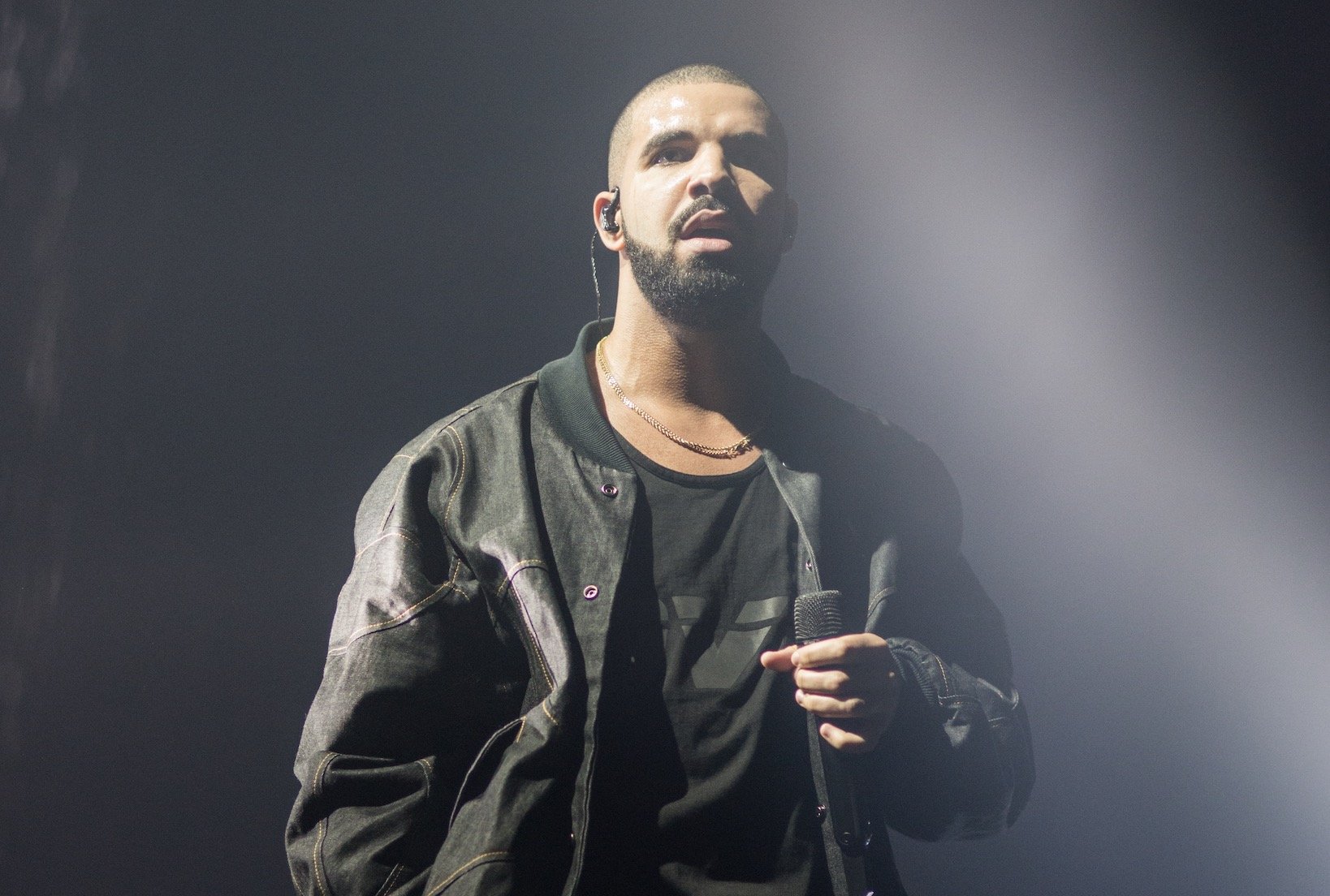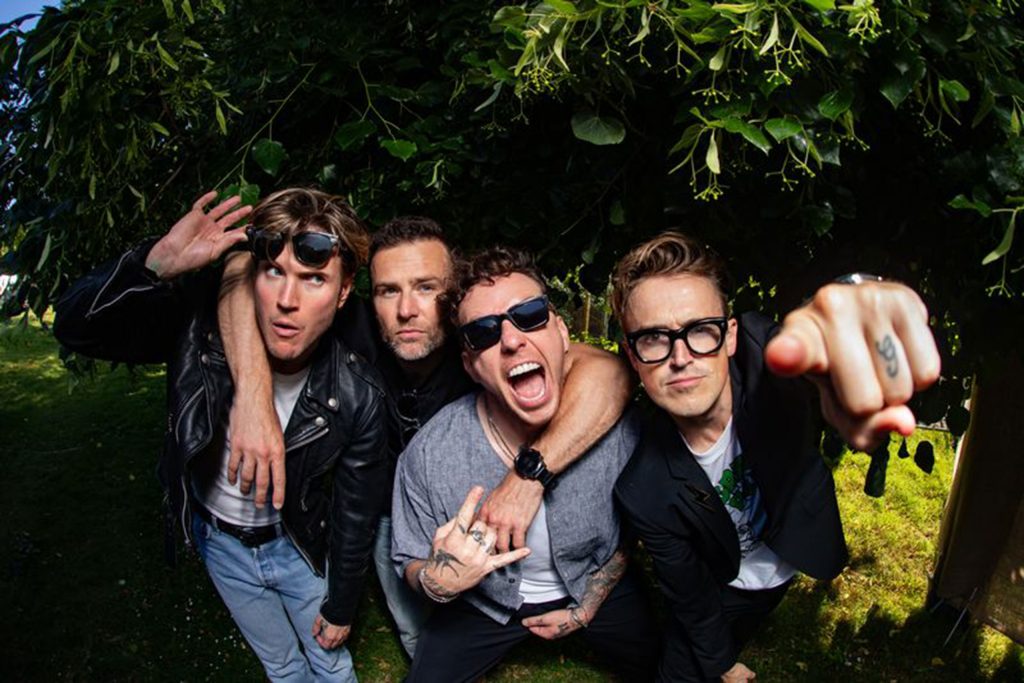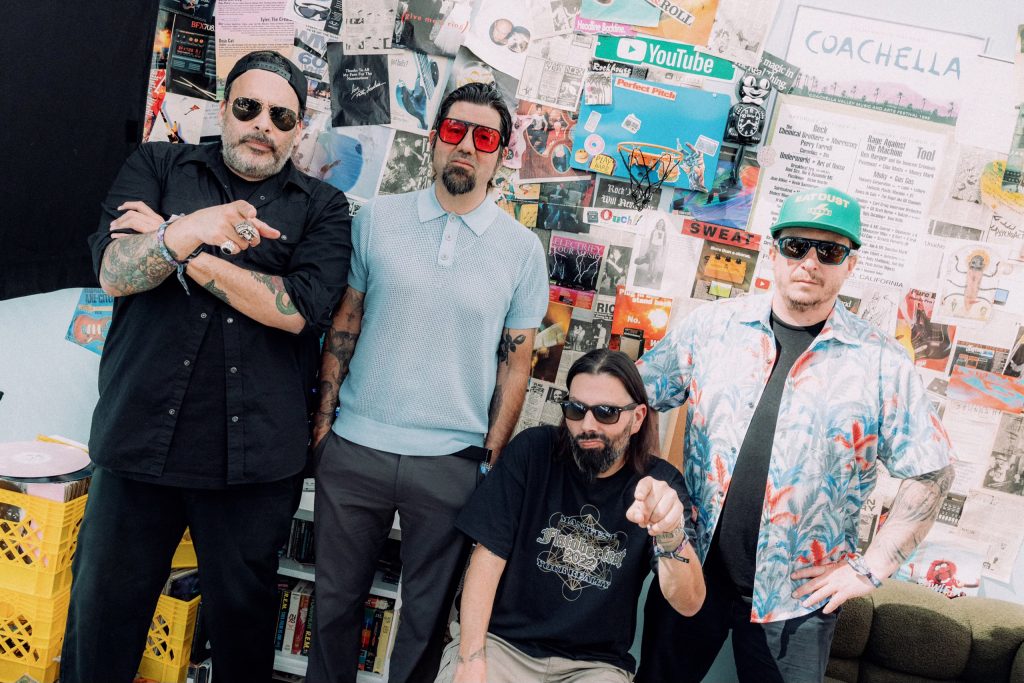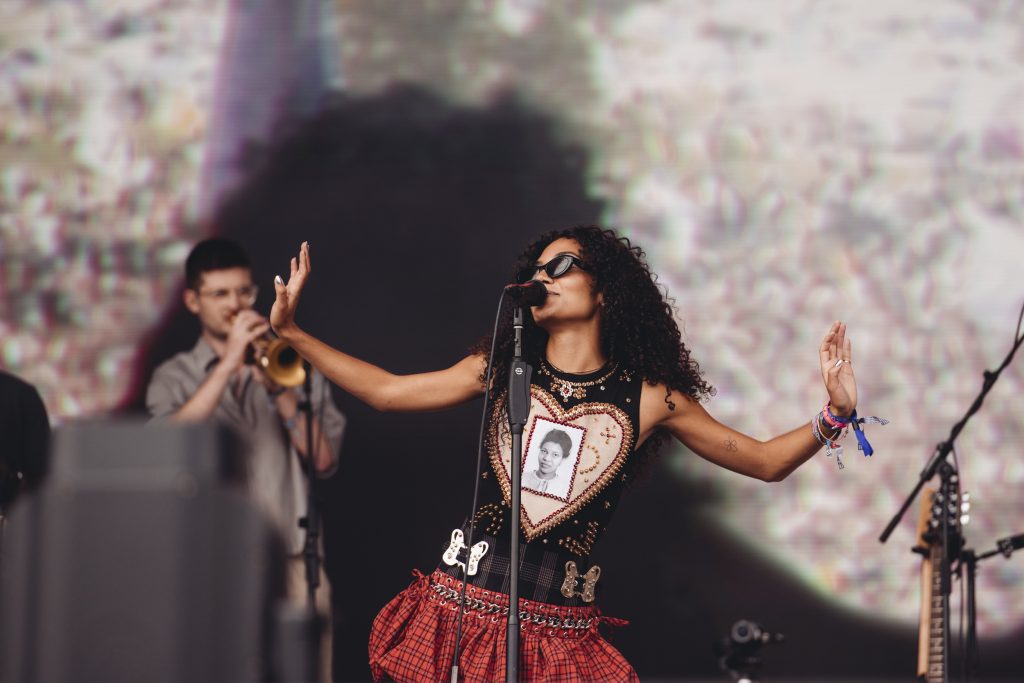UMG Requests to Dismiss Drake’s Defamation Suit
Universal Music Group (UMG) has formally submitted a request to dismiss the defamation lawsuit filed by superstar rapper Drake.
In January, Drake accused UMG of promoting a “false and malicious narrative” about him through the content of texts, a piece of artwork, and a music video featuring his diss track aimed at Kendrick Lamar, Not Like Us.
The music company contends in its proposal submitted on Monday (March 17) that “Drake’s complaint is entirely without merit and should be dismissed with prejudice.”
According to UMG’s filing, which you can read in full through MBW, Drake, “one of the most successful artists of all time, lost the rap battle that he instigated and in which he willingly engaged.”
The statement further asserts: “Instead of accepting defeat as a seasoned rap artist, which he frequently claims to be, he has filed a lawsuit against his own label in a misguided attempt to salvage his pride.”
Both Drake and Lamar release their music through UMG and its respective imprints, Interscope and Republic Records.
Not Like Us (Interscope), recorded by Lamar, was released as part of their rap feud on May 4, alongside a series of three diss tracks that were dropped sequentially (with the other tracks being Euphoria and Meet Grahams).
The track soared to No. 1 on the Hot 100, marking the fourth time in U.S. history that a track has reached No. 1, and it became Drake’s second No. 1 this year after How Is It featuring Future, Metro Boomin, and Kendrick Lamar, which hit No. 1 in April. Additionally, it was noted as the first U.S. No. 1 for producer Mustard.
In its legal filing today, UMG points out that Not Like Us has achieved “huge commercial and artistic success.”
The track “has become a widespread cultural phenomenon,” UMG adds. Lamar also performed the song during the halftime show of the 2025 Super Bowl, reaching “a record audience,” while Saturday Night Live aired a tribute to the track on its 50th anniversary special.
UMG’s Defense Against Drake’s Claims
In the memorandum supporting UMG’s motion, the company highlights that “numerous commentators have declared Lamar the ‘winner’ of the rap battle with Drake, during which the two artists released a total of nine tracks aimed at each other.”
UMG maintains that Not Like Us “Like all tracks in the feud between Drake and Lamar, and similar to many diss tracks throughout rap history, consists of a series of hyperbolic insults.”
“Drake was happy to utilize the UMG platform to promote tracks that launched similarly incendiary attacks on Lamar… But now, having lost the rap battle, Drake claims that Not Like Us is defamatory. This claim is unfounded.”
UMG
The filing adds: “Drake relished using the UMG platform to promote tracks that included incendiary allegations against Lamar, such as that Lamar was involved in inner-city violence and that a business partner and manager of Lamar is the real father of his child.
“However, following his loss in the rap battle, Drake now claims that Not Like Us is defamatory. It is not. While the complaint focuses almost exclusively on Not Like Us, it disregards other diss tracks by Drake and Lamar that surround Not Like Us and completely neglects the context of the feud.”
UMG also asserts that “viewed in context, as it should be,” Lamar’s Not Like Us “clearly expresses subjective opinion and rhetorical hyperbole.”
The music company explains to the court that “diss tracks are a widely recognized and celebrated form of artistic expression, centered around outrageous insults, and it would be detrimental if Drake’s baseless claims were to proceed.”
Elsewhere in the motion, UMG argues that Drake’s allegation that Not Like Us involves “second-degree persecution” constitutes a lawsuit grounded in criminal law that does not restrict free speech and lacks a private right of action.
The motion continues: “Lastly, Drake claims that UMG’s promotion of Not Like Us violates New York General Business Law § 349, but fails to establish any of the required elements for this claim.”
“Notably, less than three years ago, Drake signed a public petition criticizing the ‘trend of prosecutors using artists’ creative expressions against them,’ arguing that rap lyrics should not be taken literally.
“See UMG’s Request for Judicial Notice (“RJN”) ex.
“Drake was correct back then.”
UMG is urging the court to grant its motion and dismiss the complaint with prejudice.
“This motion is a desperate attempt by UMG to evade accountability.”
Mike Gottlib, Legal Team
In a statement issued today to MBW, Drake’s attorney Mike Gottlib, who leads the rapper’s legal team, stated: “UMG wants to pretend that this is just about rap to distract its shareholders, artists, and the public from the simple truth: the improperly acted company is finally accountable for spreading dangerous misinformation, which has already led to violent acts.
“This motion is a desperate UMG tactic to avoid accountability, but we are confident this case will proceed and continue revealing UMG’s long history of threats and abuses towards our artists.”
In the meantime, in a state court in Texas, Drake’s attorneys are trying to file a separate legal petition, which alleges that UMG paid radio stations and other media for airplay of Not Like Us without informing listeners.
Drake’s lawyers contend that UMG “engaged in intentional, irregular, and unlawful business practices, including covert and illegal payment transactions (‘payola’) to create a record-breaking impact for Not Like Us.
The original petition named UMG and radio giant iHeartMedia as defendants, but Drake and iHeart “reached an amicable resolution” by the end of February, leaving UMG as the sole defendant.
iHeart issued a statement claiming that “in exchange for documentation proving that iHeart did nothing wrong, Drake agreed to dismiss his petition.
According to a report from Associated Press, a representative for Drake contested iHeart’s claim, stating that the radio company “has not produced a single document or any information demonstrating that they did nothing wrong.”





